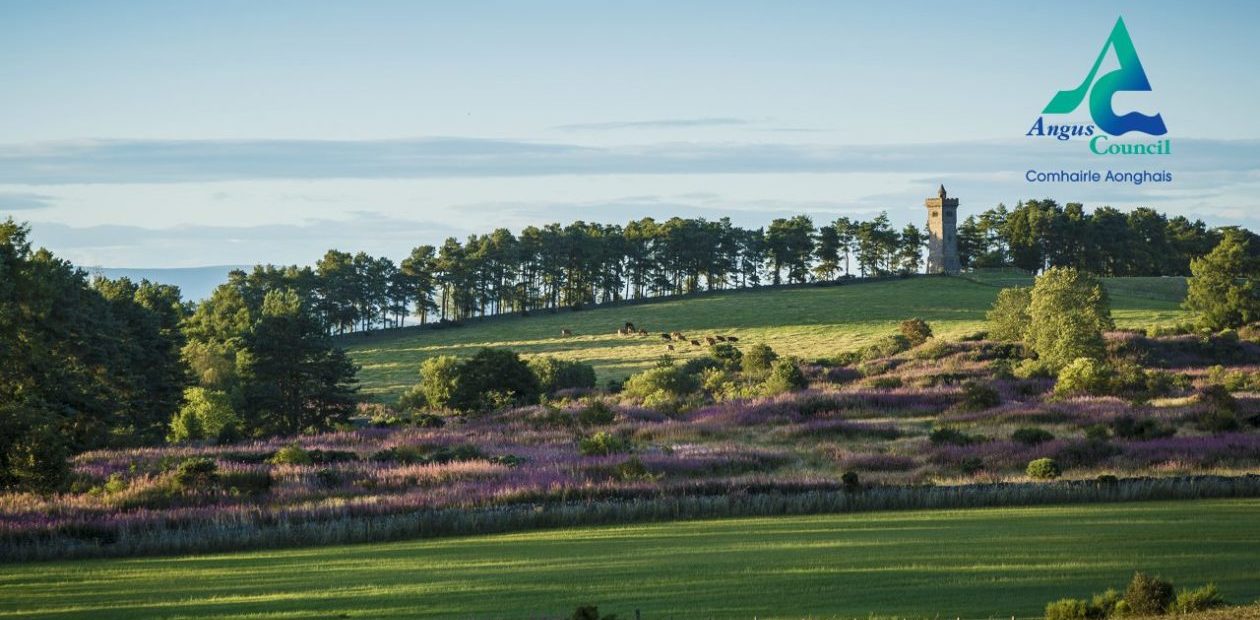posted by Rhonda McFarlane, Funding Officer, Economic Development
Please find below the latest Grants4Schools news alerts
The school library improvement fund is an opportunity for our schools, the School Library Improvement Fund accepts up to two applications per local authority. This is to give each authority an equal opportunity to be considered for funding. They also accept an unlimited number of collaborative bids. This is where an application is made by either two or more schools within separate Local Authorities and/or external partners. There is no minimum or maximum amount for bids although all SLIF projects must be completed within 12 months.
Funding for Links with Japan (UK)
Grants of £2,000 – £7,000 are available to promote and support interaction between the two countries. Daiwa Foundation Small Grants can cover all fields of activity, including educational and other projects and events. New initiatives are especially encouraged. Projects that have received funding in the past include Beckfoot School (Bingley) which received a grant of £3,000 to support a two-week curriculum-based school exchange visit by ten students and two teachers to Hiroshima Kokusai High School; and Dene Magna School which received a grant of £4,000 to support a school exchange visit by three teachers and nine pupils to enhance links established in 2002 with two partner schools in Okinawa and to consolidate Japanese as part of its curriculum. The next closing date for applications is the 30th September 2019.
Society for Microbiology – Science Education and Outreach Grants (UK)
Members of the Microbiology Society, residing in the UK or Republic of Ireland, including those working in schools, can apply for a grant of up to £1,000 for innovative Outreach Activities that support relevant science teaching or promotion initiatives. Also funded are developments likely to lead to an improvement in the teaching of any aspect of microbiology. Grants can cover, for example, talks, workshops, demonstrations, posters, leaflets, broadcasts, activities at science festivals and audio-visual or computer-based packages or activities that take place as part of a National Science and Engineering Week. Apply by the 1st October 2019.
Funding for Projects that Support Disadvantaged Young People (UK)
Grants of over £10,000 per project are available to not for profit organisations and schools that work with young people who are experiencing disadvantage through illness, distress, abuse or neglect; any kind of disability; behavioural or psychological difficulties; and / or living in poverty or situations of deprivation. Schools can also apply for funding but the project must be additional to their statutory duties. The funding is being made available through the BBC Children in Need Main Grants programme. The next closing date for applications is the 19th May 2019.
School Library Improvement Fund (Scotland)
School Library Managers can now apply for funding from the Scottish Library Improvement Fund (SLIF). The funding is administered by the Scottish Library and Information Council on behalf of the Scottish Government. A total of £150,000 is available to innovative projects in Scotland’s school libraries. There are no minimum or maximum grant amounts but projects must be completed within twelve months. The deadline for applications is Friday 31st May 2019. Collaborative bids are welcomed, these may be from two schools or a school and another organisation e.g. the Scottish Book Trust.
Funding Available to Increase Engineering Knowledge Among Young People (UK)
From the 22nd June 2019, schools and other organisations such as youth clubs, science festivals, museums, science centres; etc can apply for grants to develop and deliver UK-based educational projects that nurture and support the increase of engineering knowledge among young people between the ages of five to 19. Applications from teams with diverse expertise, a range of skills and from a variety of sectors are particularly welcomed. Grants will be awarded at two levels; up to £5,000 for standard applications and four larger grants of up to £15,000. The funding is being made available through the Engineering Education Grant Scheme and the deadline to apply will be the 14th October 2019 for projects taking place from 1st January 2020.
Nature Grants for Schools (England, Scotland & Wales)
Schools in England, Scotland and Wales are being invited to apply for up to £500 worth of free outdoor equipment and two hours of professional outdoor training as part of the third instalment of Local School Nature Grants. Schools can choose from over 100 different products to deliver outdoor learning and play. The funding is being made available through the charity Learning through Landscapes Local School Nature Grant scheme. The charity has been helping schools across Great Britain since 2017. Funded by the players of People’s Postcode Lottery, the grants have so far provided £900,000 worth of equipment to 800 schools. This year it will reach a further 500 schools. There will be four funding rounds throughout the year and the first closing date for applications is the 26th April 2019.



